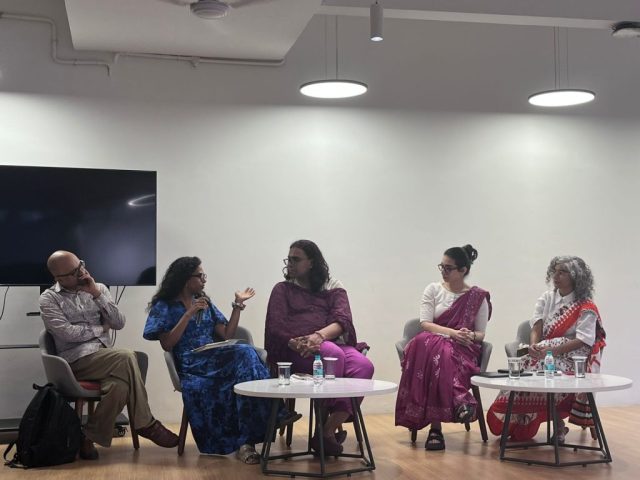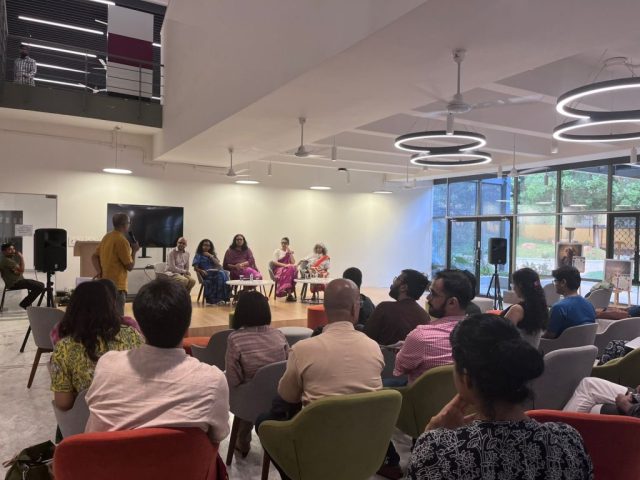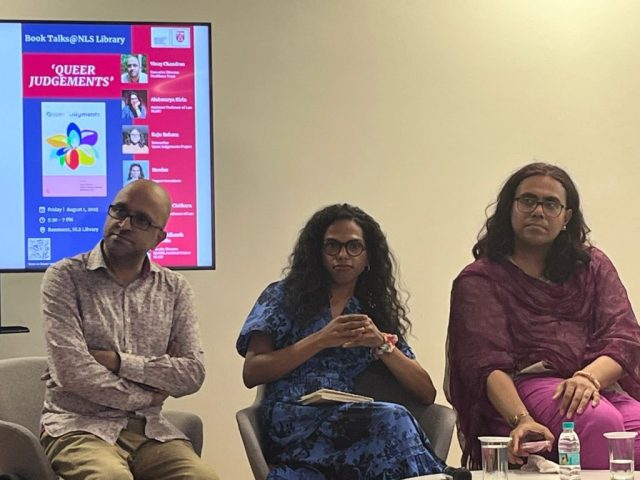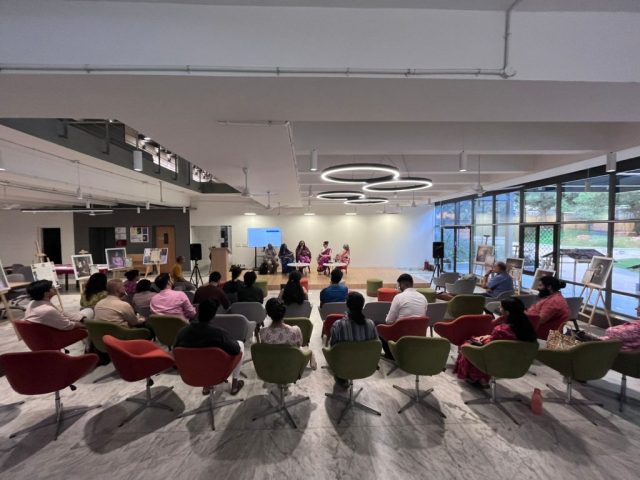Flag Hoisting Programme
The NLS community celebrated the 79th year of Independence on campus. The tricolour was hoisted by the University Vice-Chancellor Prof. (Dr.) Sudhir Krishnaswamy and our support staff member B. Jayaramu. To mark the occasion, the NLS Music Society put up a performance that had the crowd engaged, while Firdaus-e-Alfaaz, the student poetry collective at NLS, did a reading of two selected poems: ‘The Gift of India’ by Sarojini Naidu, and ‘Arunoday’ by Ramdhari Singh Dinkar.
Our faculty member Dr. Chandrabhan P Yadav delivered a brief message on the occasion:
“With several hindrances and limitations for the dream of liberty, equality and fraternity, Universities remain the site of possibilities. An utopia within the sight, not very far but realisable and achievable. In a socially and economically structured society of ours, we encounter a culturally, socially, and economically diverse set of people in the same space. One makes lifelong friendships, falls in love, and barriers of caste, class and region-religion seem to dissolve in the University. We encounter the fraternity in its closest possible forms. It gives us the opportunity to be socially mobile and the wheel in the national flag starts moving. On this day, we celebrate many such possibilities which Independence and self-rule gave to us.”
Bangalore Little Theatre’s Performance of The Prophet and the Poet
The Student Bar Association hosted a special Independence Day cultural programme on August 15, 2025, with a performance of ‘The Prophet and the Poet’ by Bangalore Little Theatre (BLT).
The Prophet and the Poet is based on the exchange of letters and essays between Mahatma Gandhi and Rabindranath Tagore over a span of 25 years, set against the backdrop of India’s freedom movement. The correspondence, interwoven with imagined but historically grounded dialogue, highlights their profound differences in ideology, Gandhi’s faith-driven activism and Tagore’s expansive intellectual humanism, while also revealing the deep respect they held for one another. The script was developed within BLT’s Academy of Theatre Arts, based on archival research by Prof. Sabyasachi Bhattacharya and first compiled by Shailesh Parekh (later published as Gandhi vs Tagore by Visva Bharati, 2010). With its minimalist staging, the play emphasises the text and ideas of Gandhi and Tagore rather than direct impersonation, bringing to life the philosophical debates that shaped India’s freedom struggle.
Following the performance, there was a Q&A session where attendees interacted with the cast and director about the creative process, the historical debates at the heart of the play, and the continuing relevance of Gandhi and Tagore’s ideas today.
Maisaheb Dr. Savita Ambedkar Memorial Quiz
The NLS Quiz Club organised an informative quiz centring around the topic of India, leading up to the day of Independence. The quiz saw the participation of many first-time quizzers and even faculty. Prof. Vijayavargia used creative quiz formatting to ensure a pleasant experience for all participants.

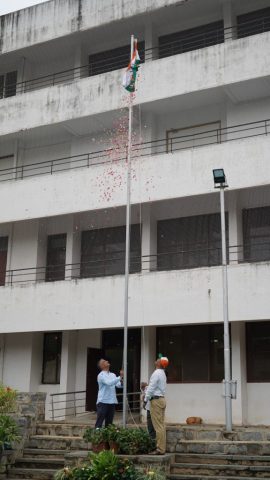
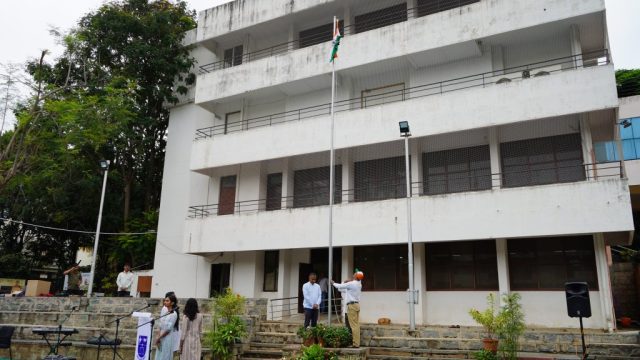
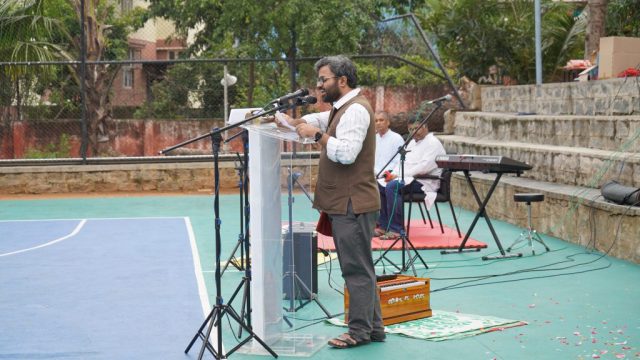
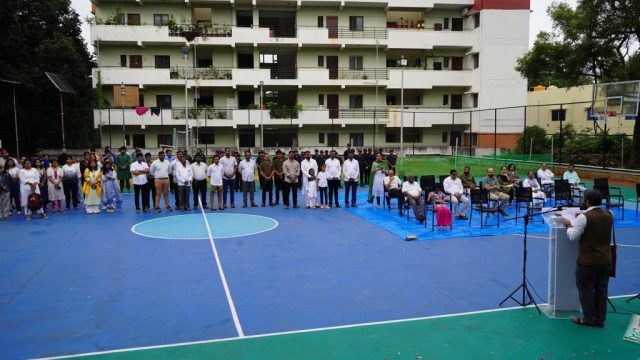
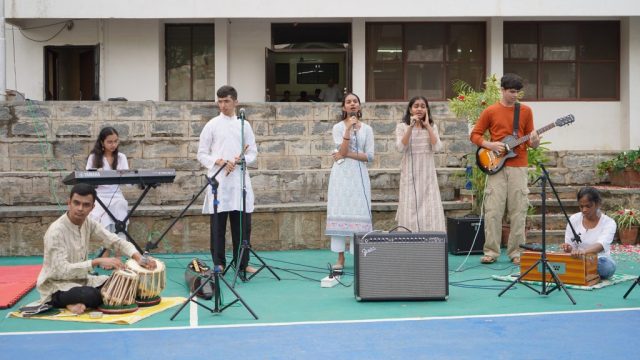
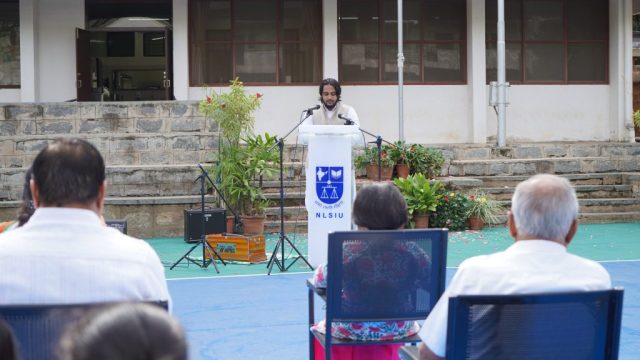
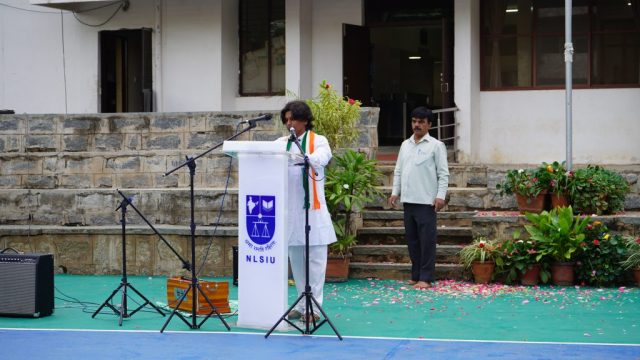
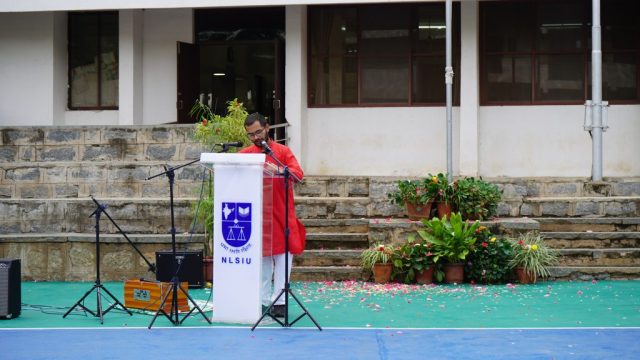
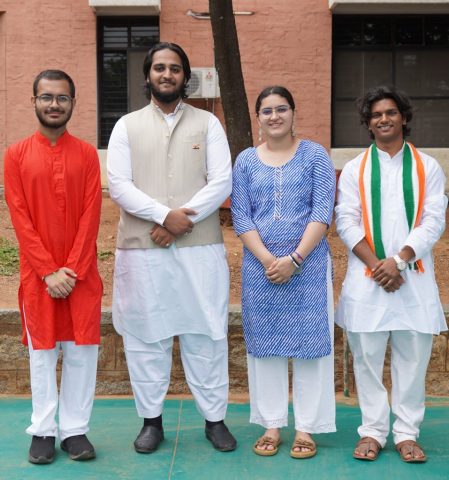
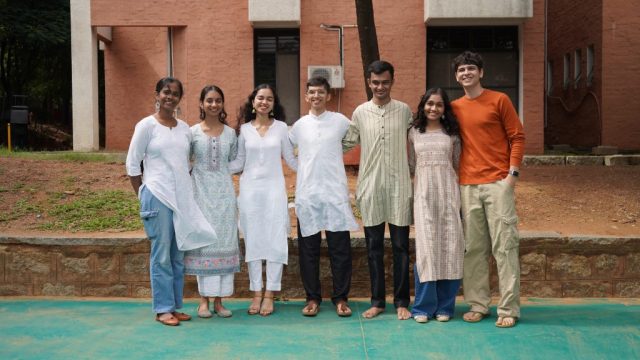
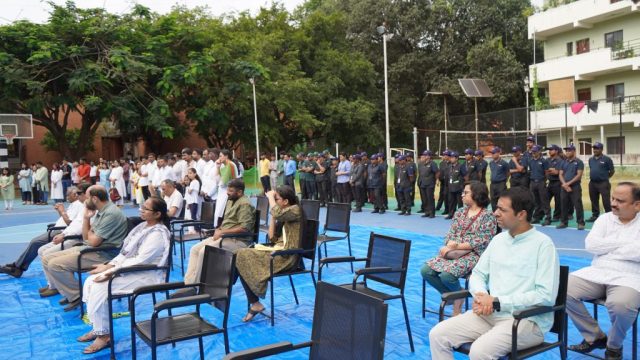
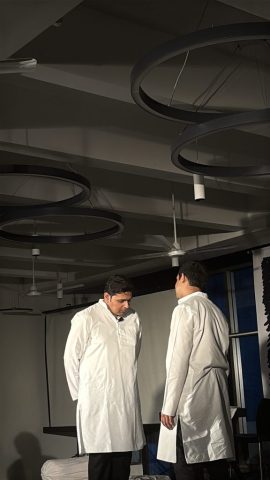
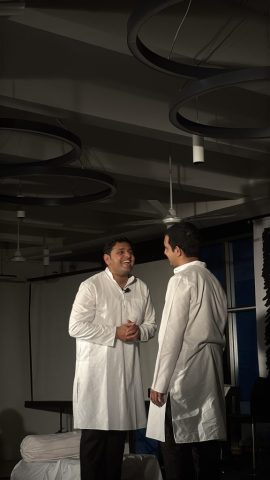
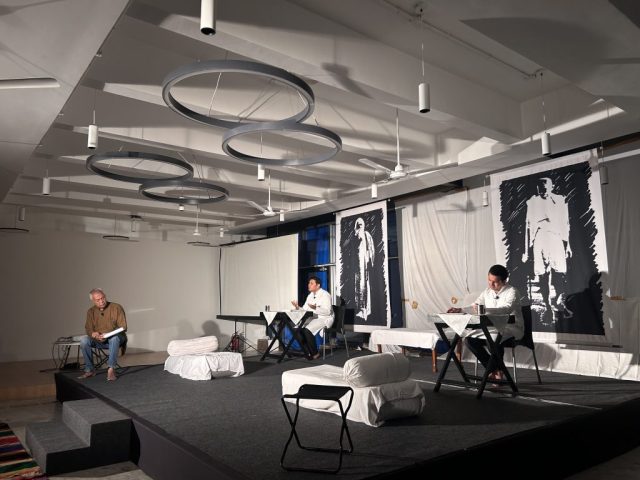
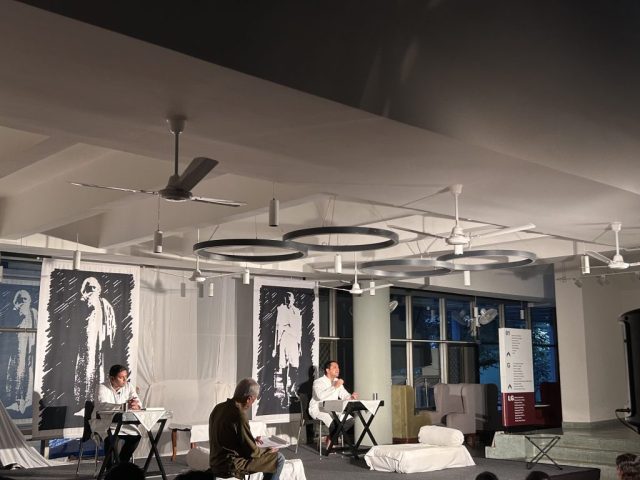
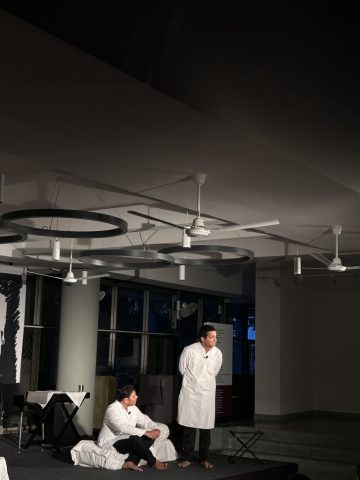
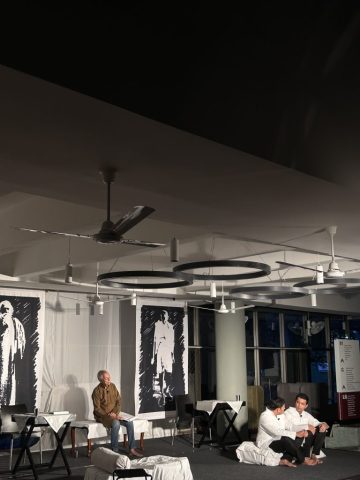
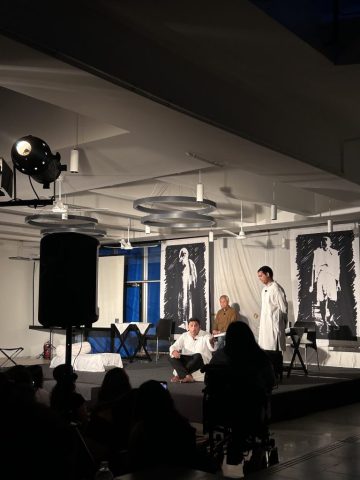
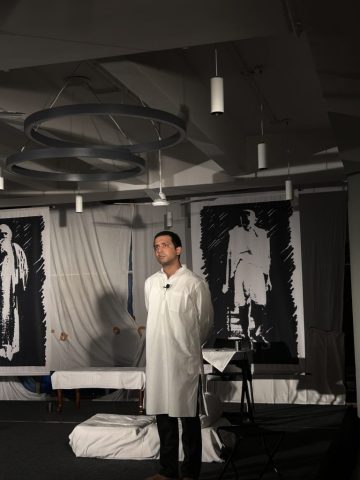
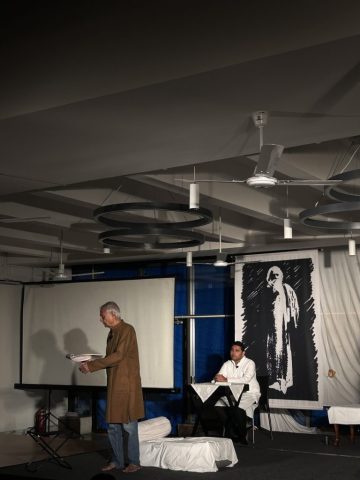
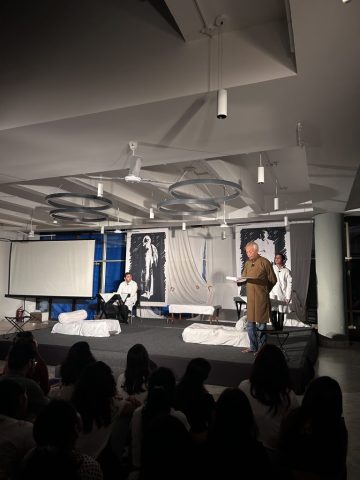
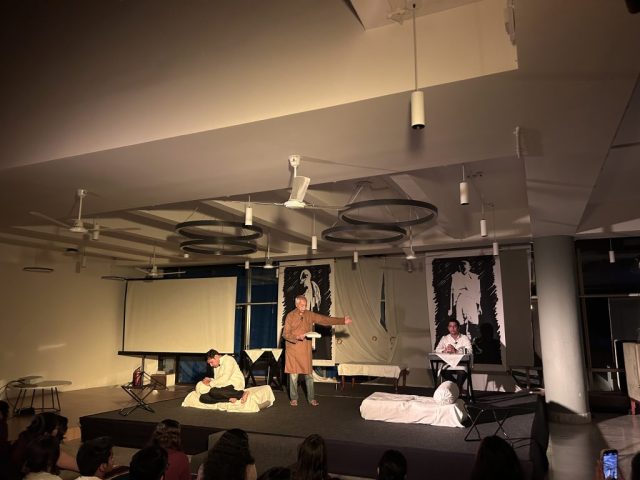
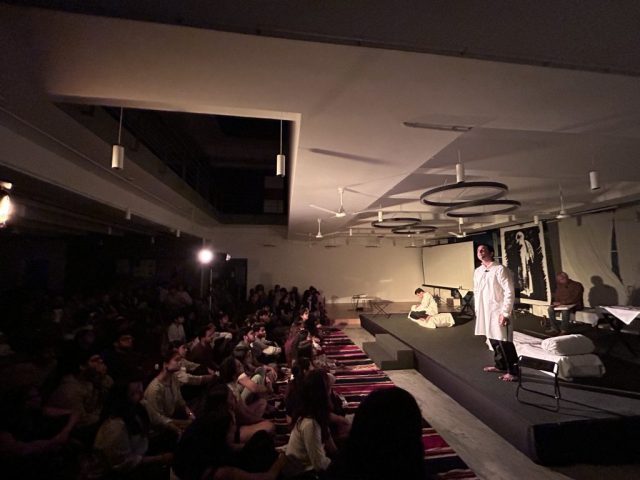
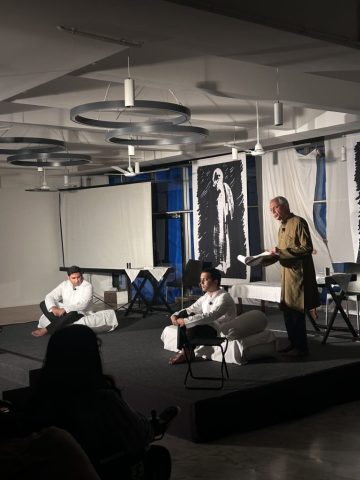
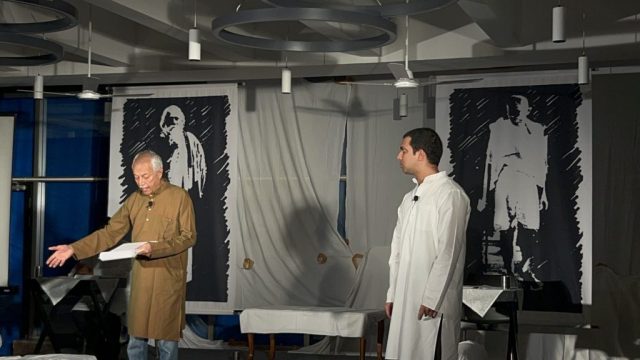
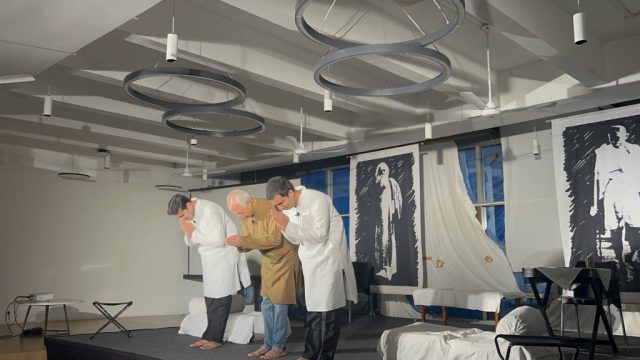
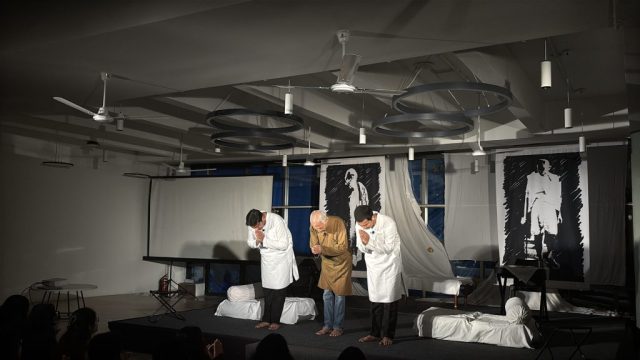
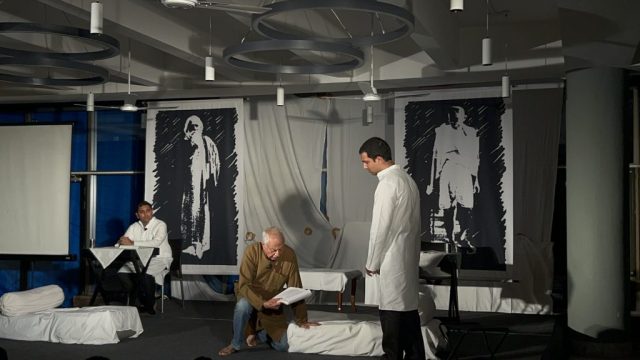
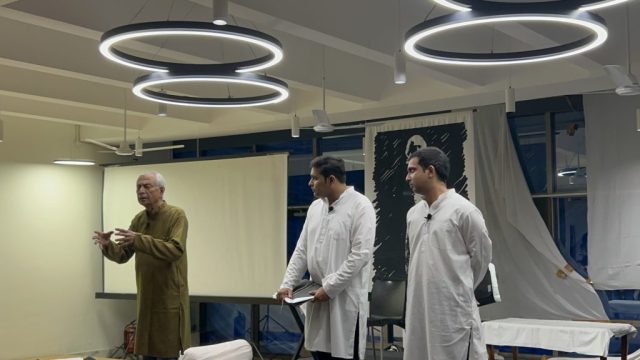
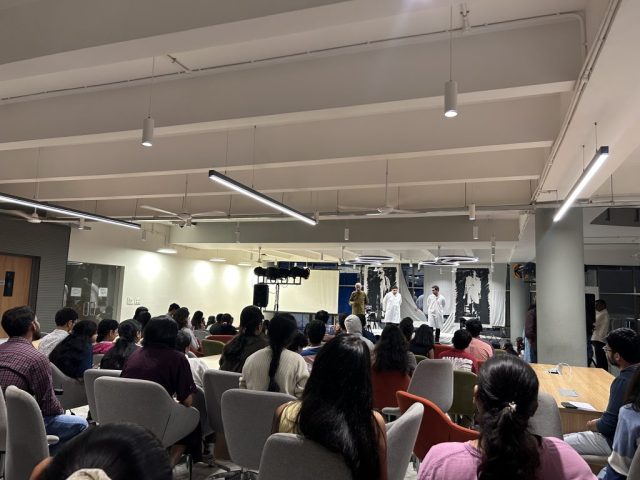
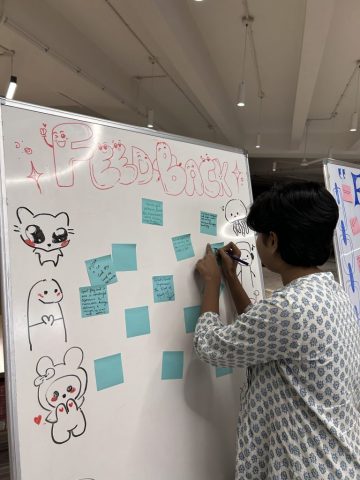
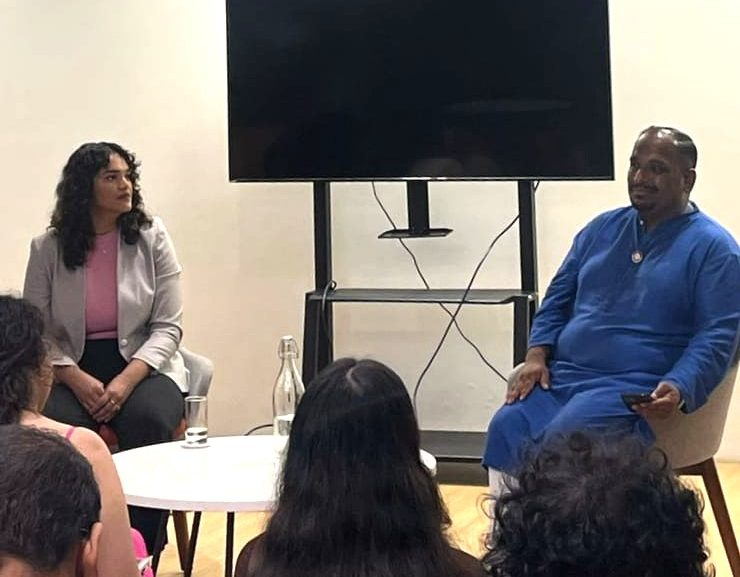 The
The 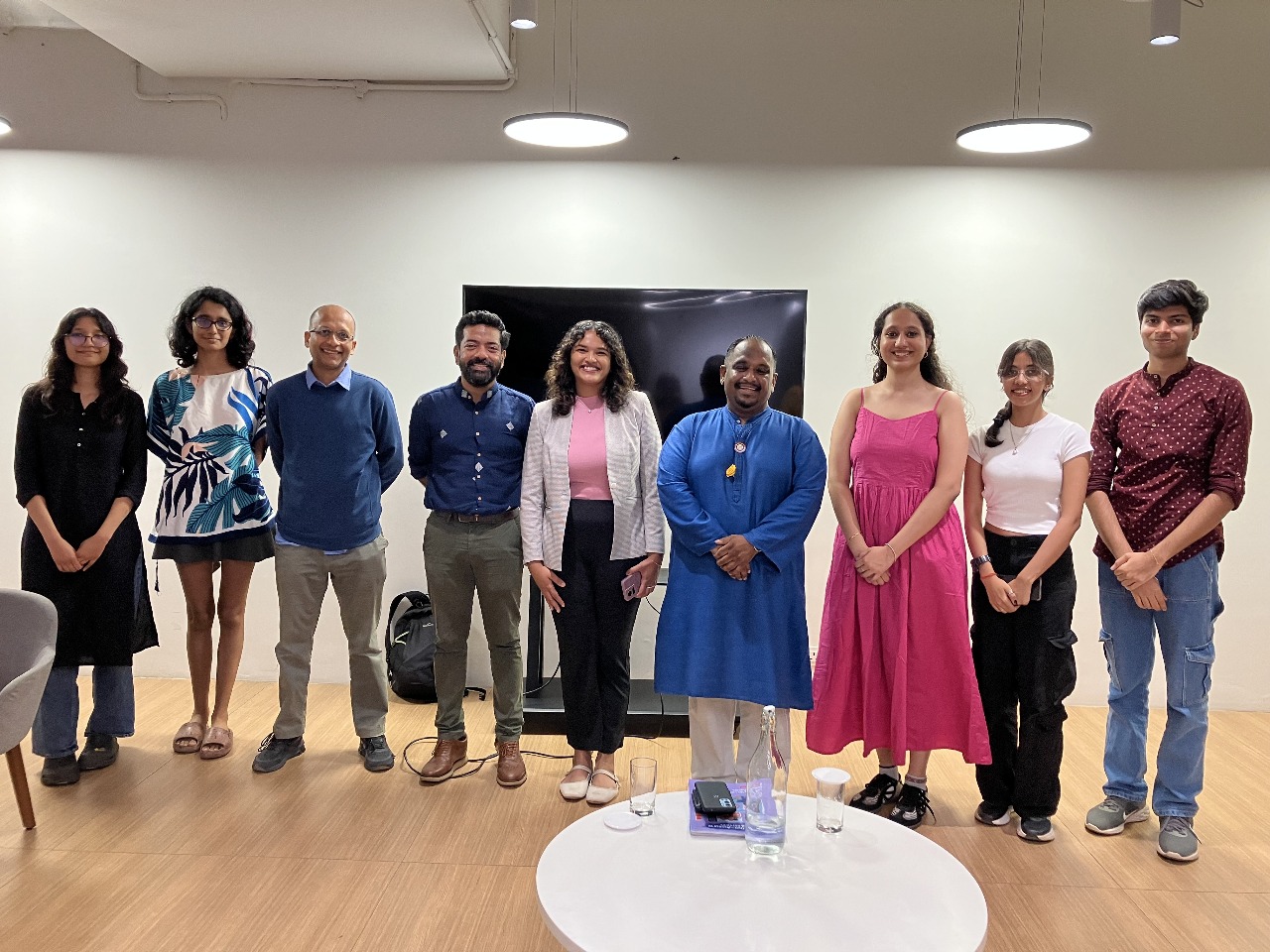 About the Talk
About the Talk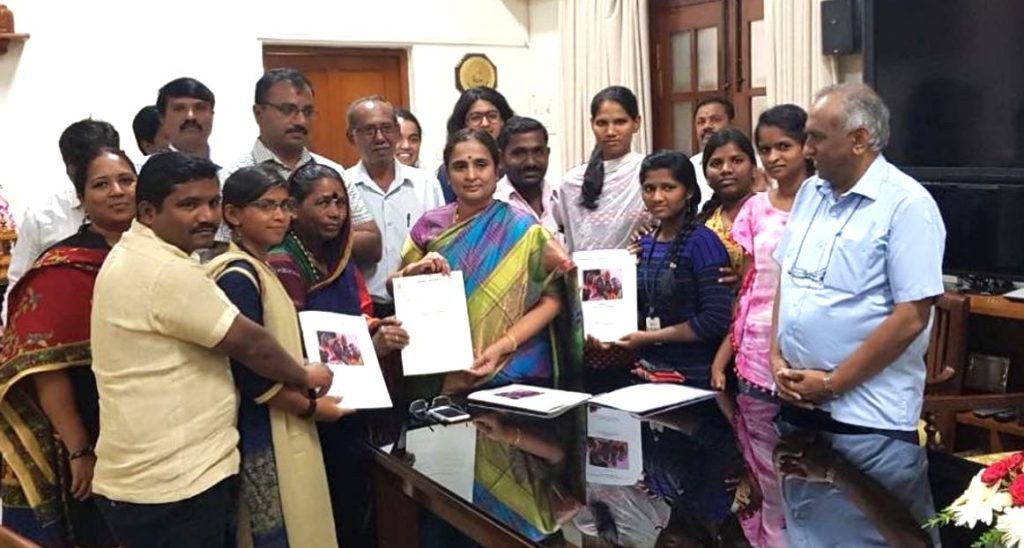 The Karnataka State Cabinet has
The Karnataka State Cabinet has 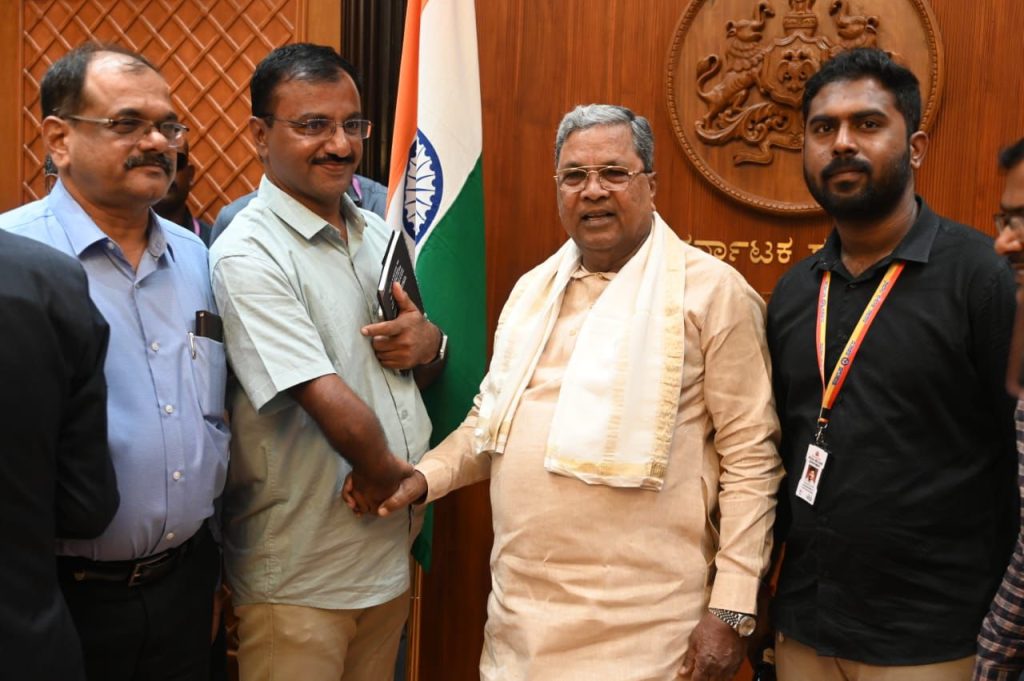
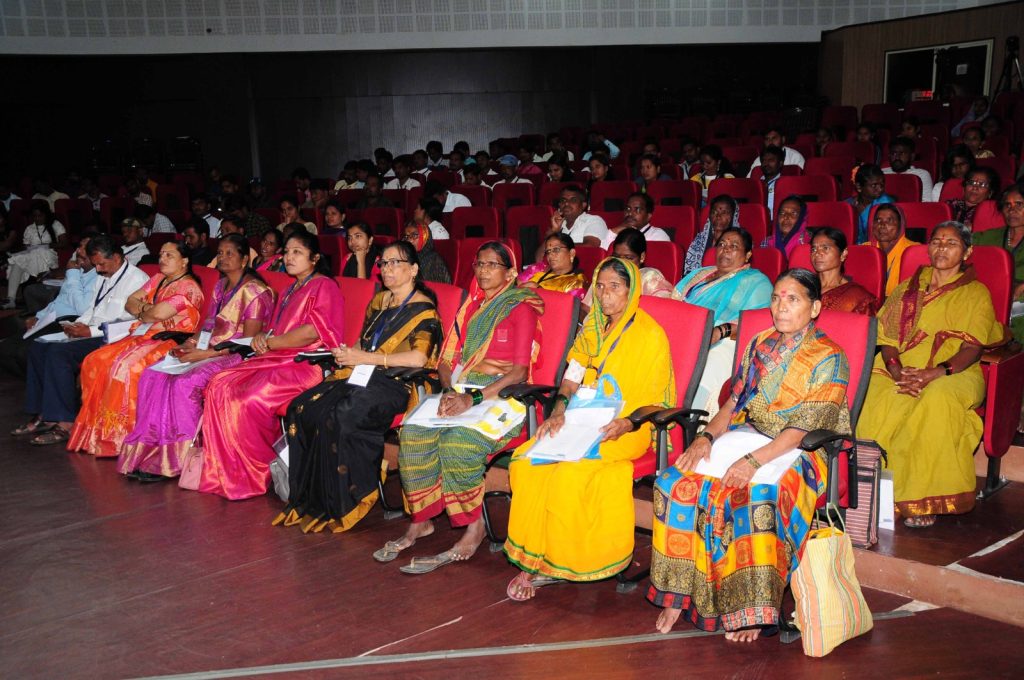 Key Highlights of the Bill
Key Highlights of the Bill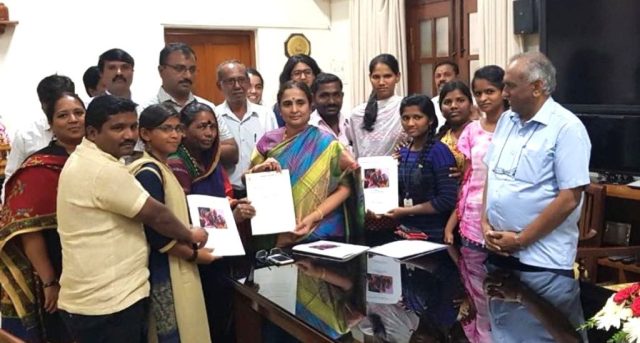
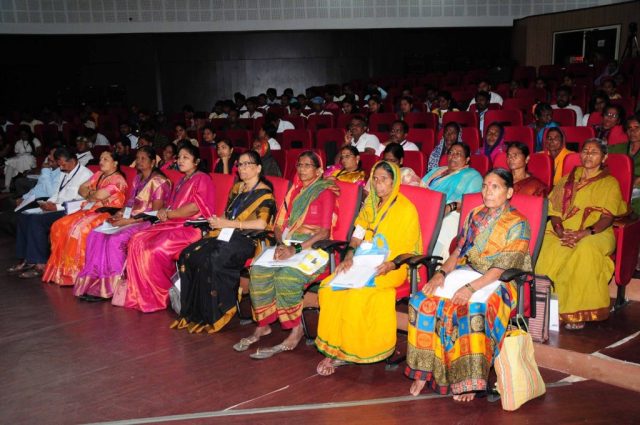
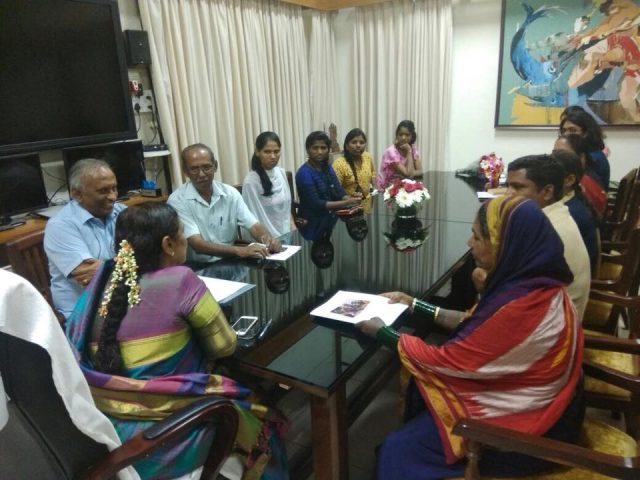
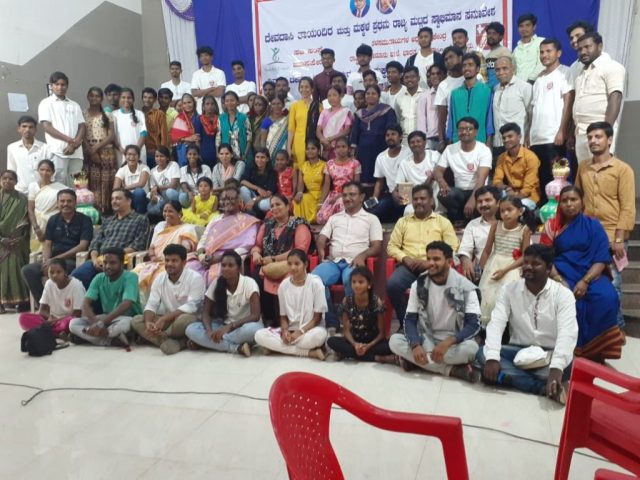
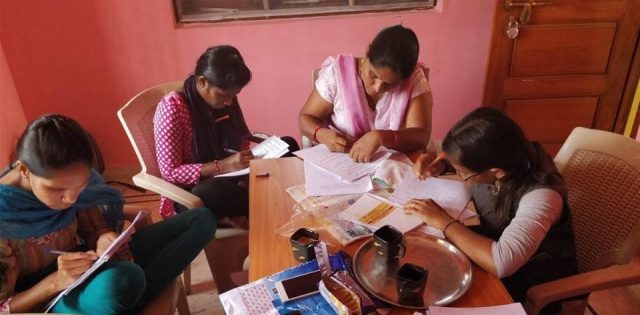
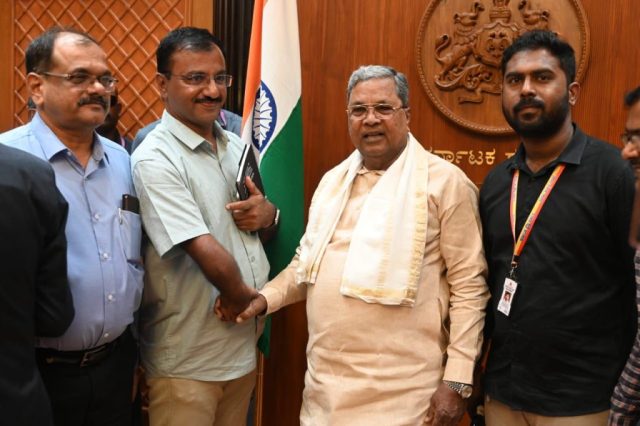
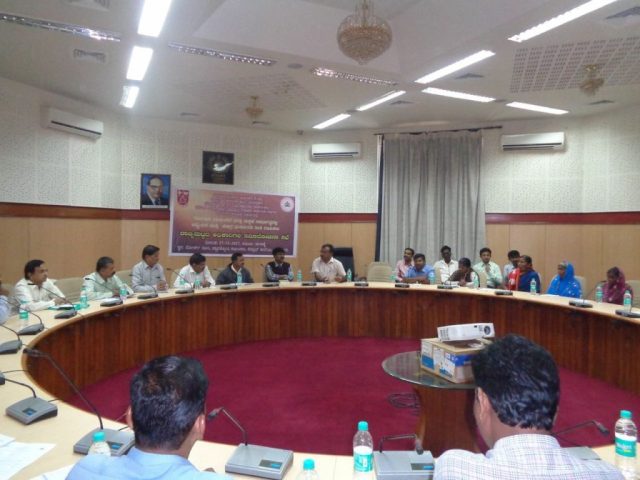
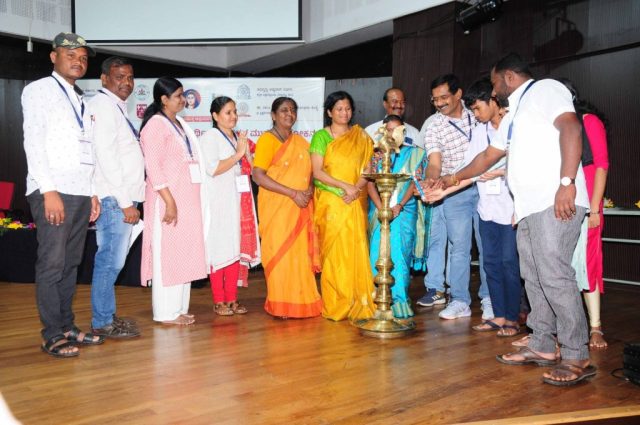
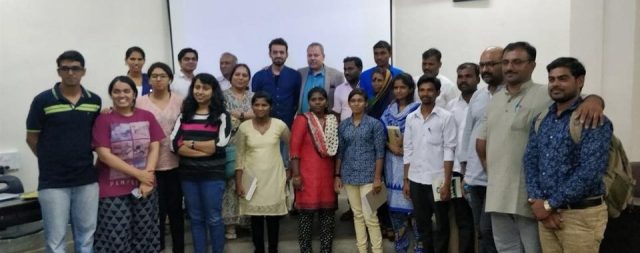
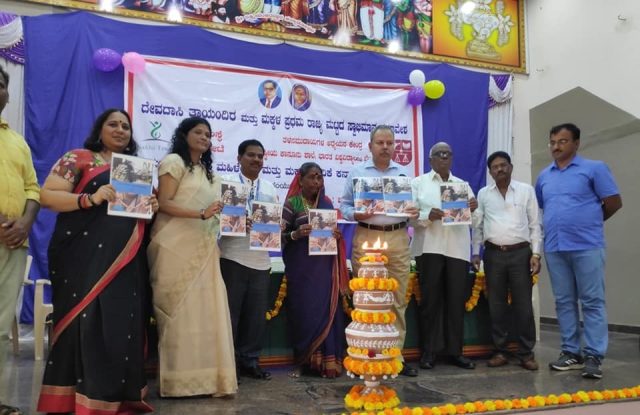
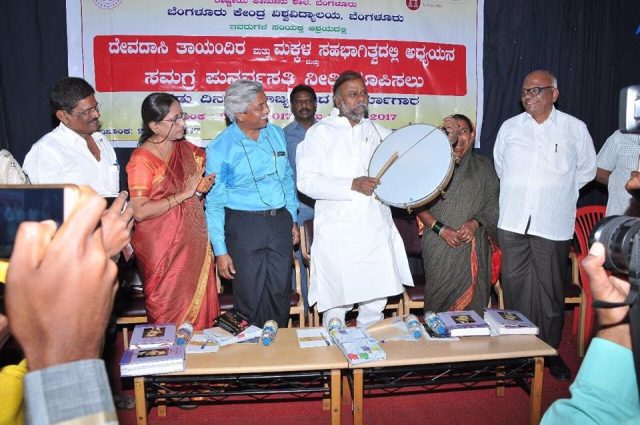
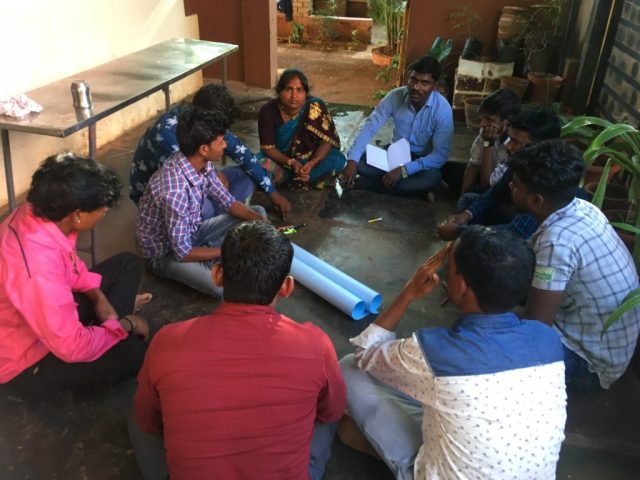
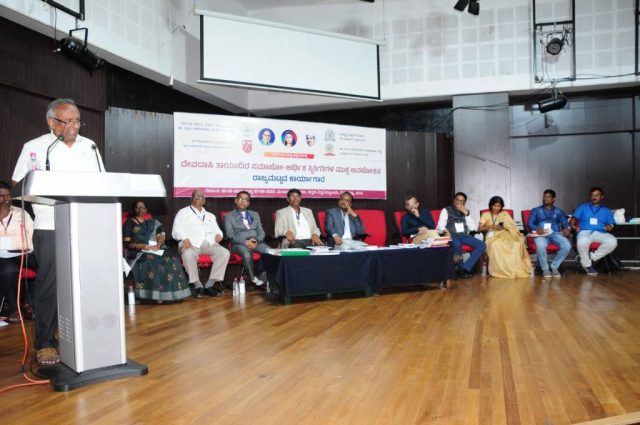
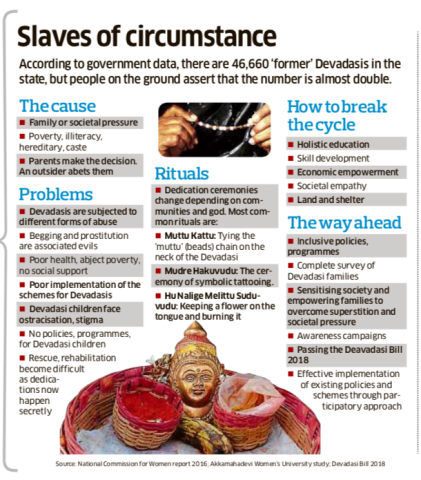
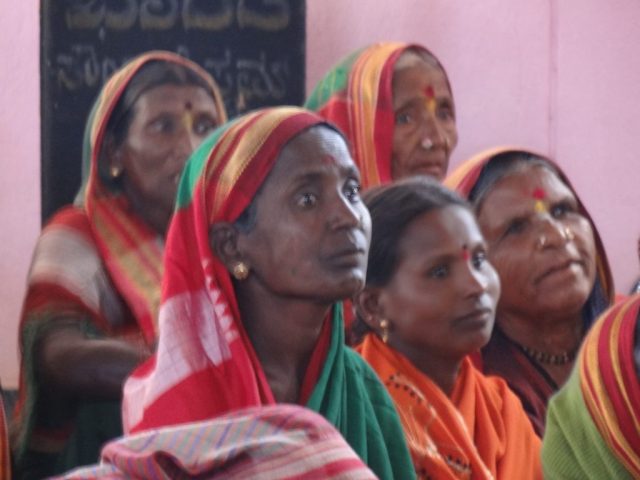
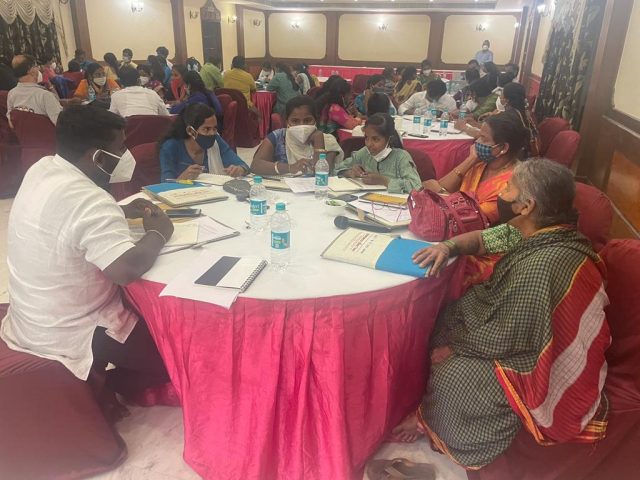
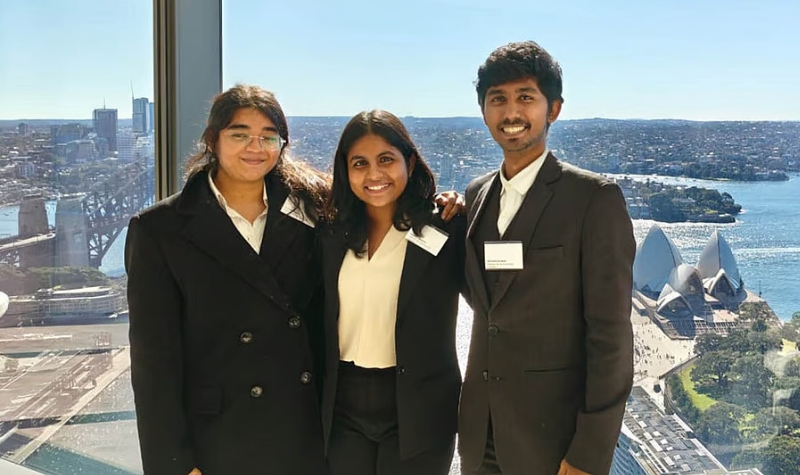
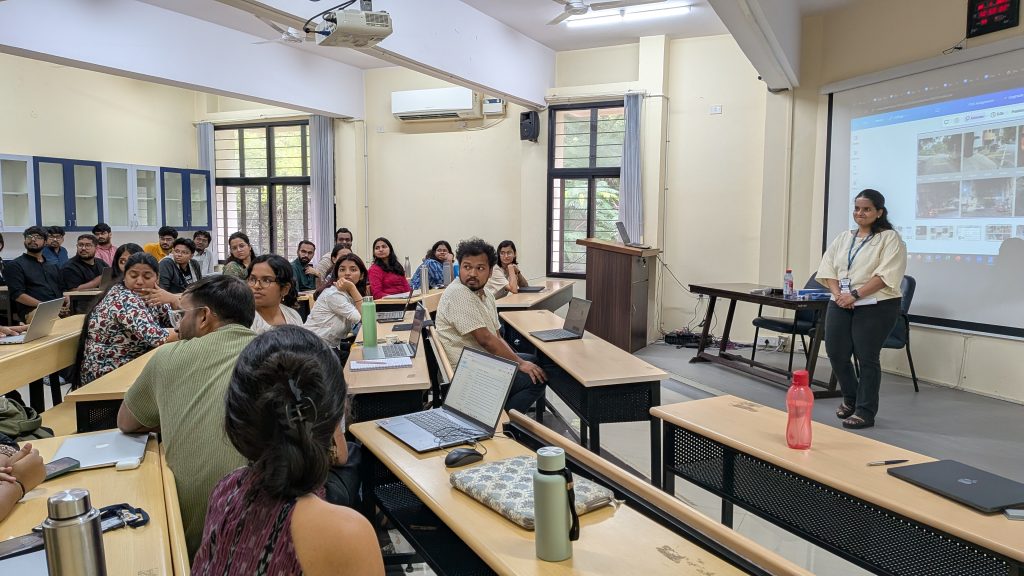 NLS alumna Genesia Rodrigues (NLS MPP 2019), Senior Manager – Public Policy, Kazam, conducted a workshop on ‘Walking Experience of Footpaths’ at NLS between July 28 to 30, 2025. Genesia, who works in the space of urban mobility, had previously conducted a similar workshop on urban infrastructure at NLS. This latest workshop saw the participation of second-year students of the Master’s Programme in Public Policy (MPP), facilitated by
NLS alumna Genesia Rodrigues (NLS MPP 2019), Senior Manager – Public Policy, Kazam, conducted a workshop on ‘Walking Experience of Footpaths’ at NLS between July 28 to 30, 2025. Genesia, who works in the space of urban mobility, had previously conducted a similar workshop on urban infrastructure at NLS. This latest workshop saw the participation of second-year students of the Master’s Programme in Public Policy (MPP), facilitated by 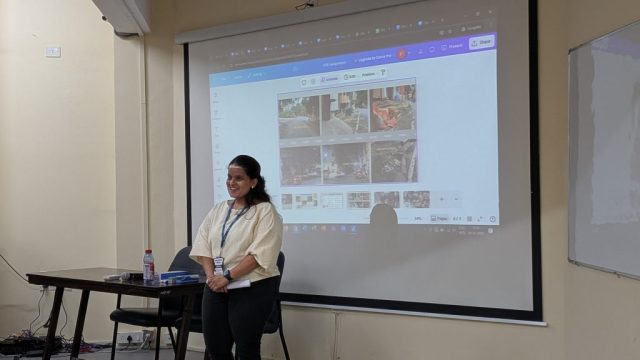
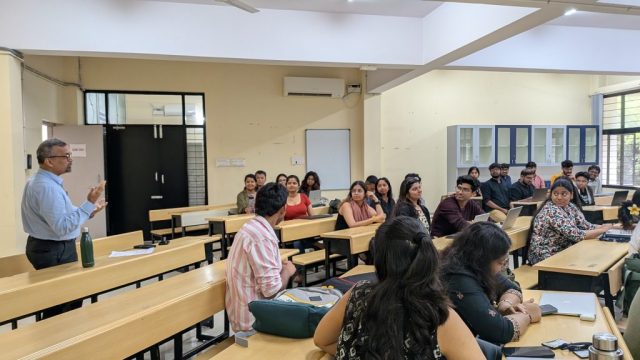
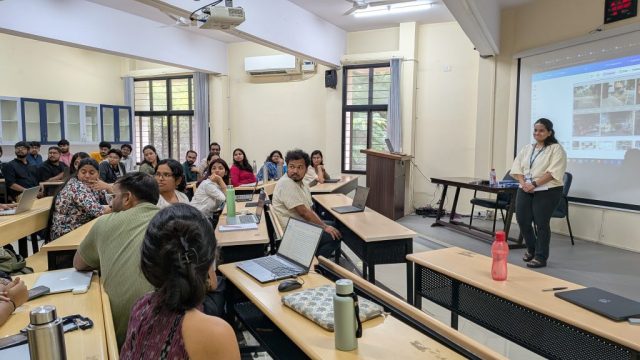
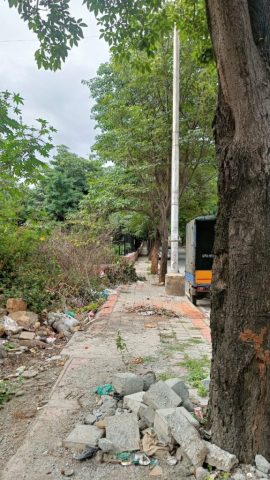
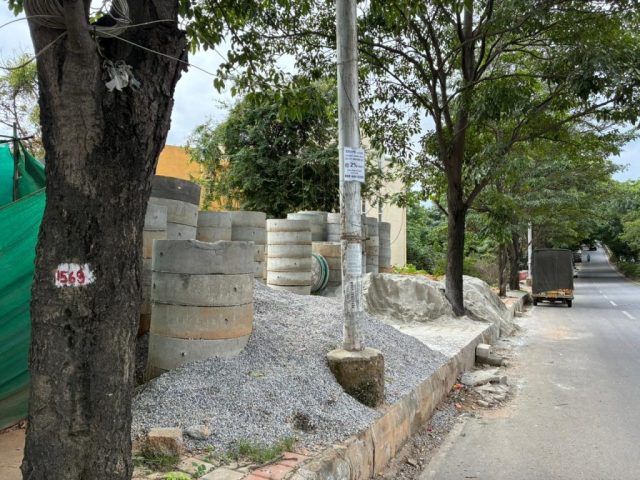
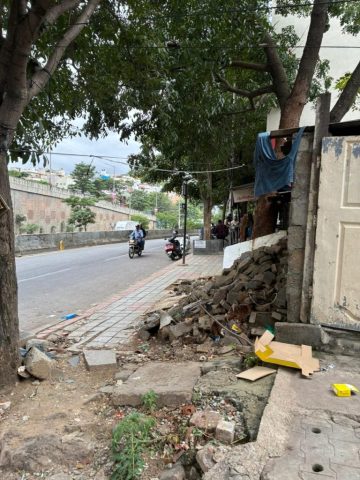
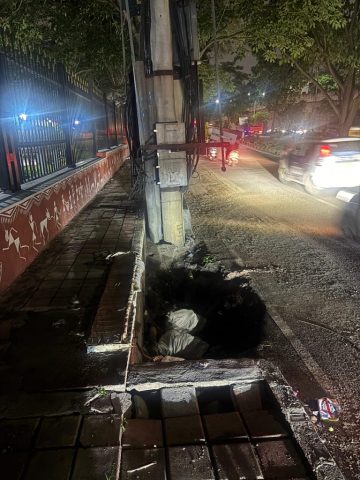
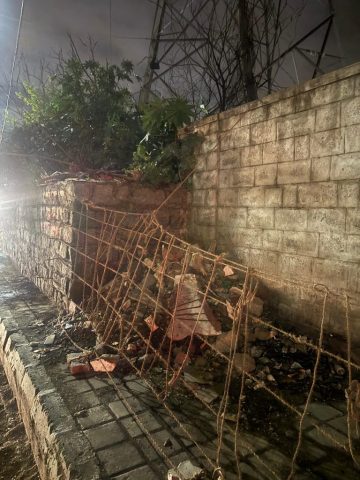
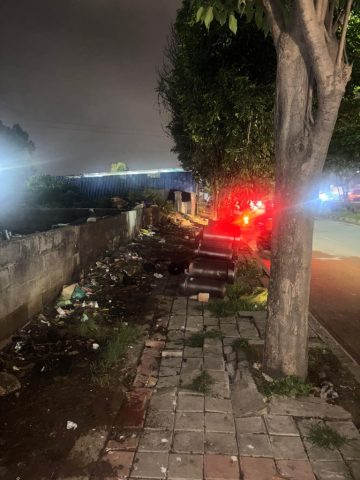
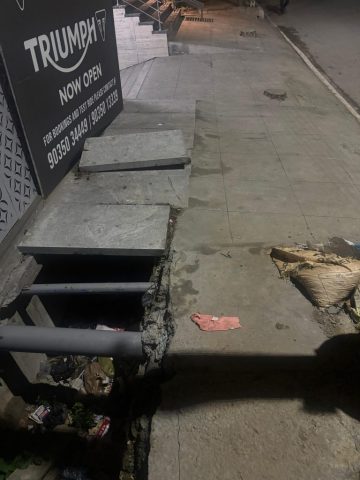
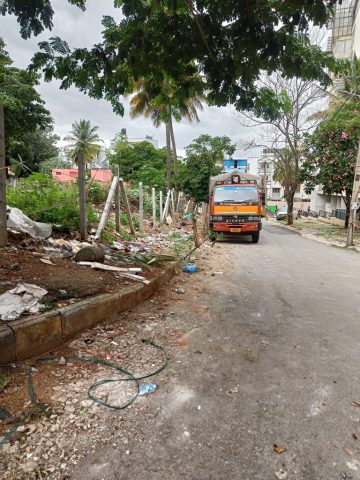
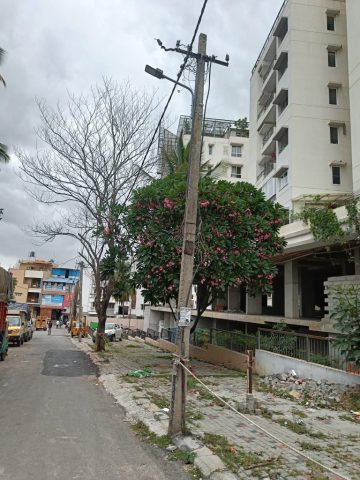
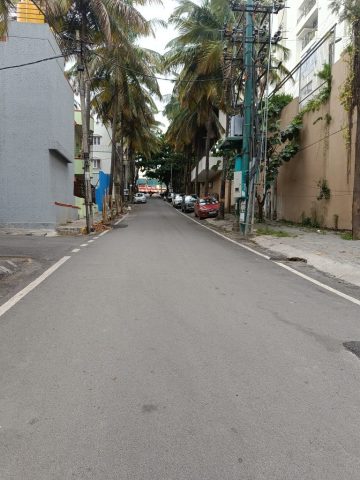
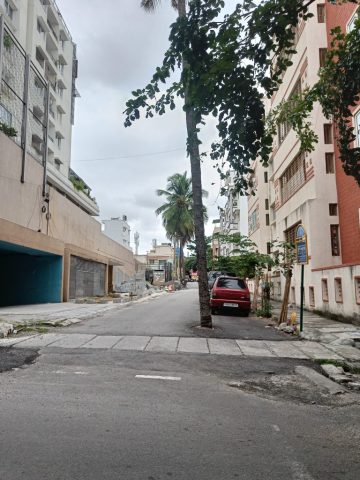
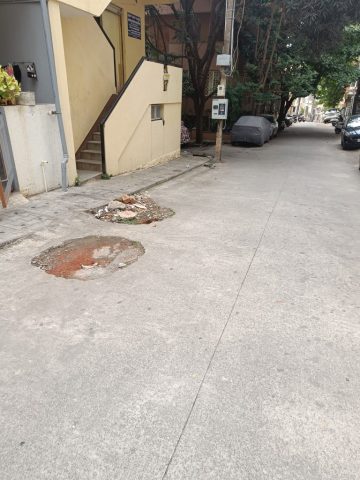
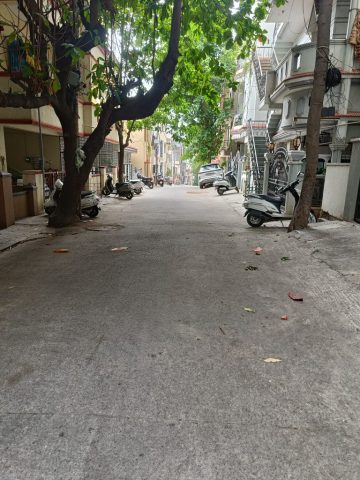
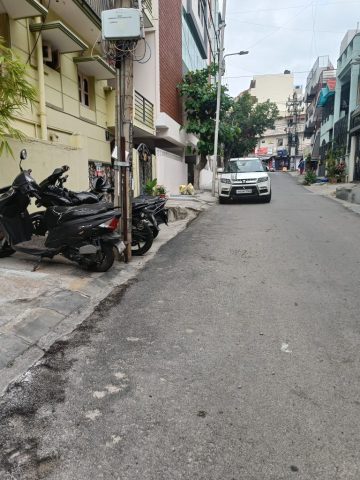
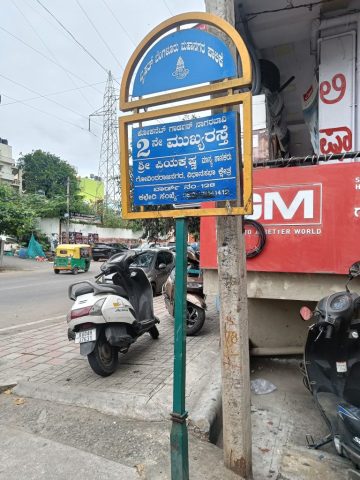
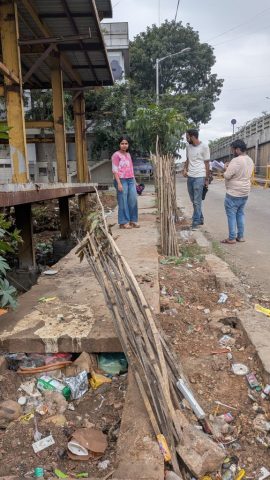
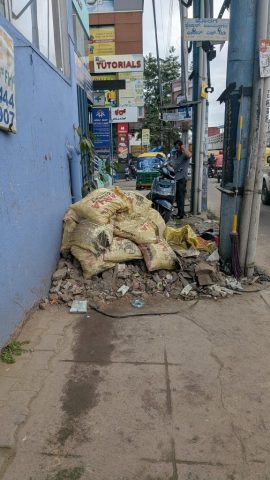
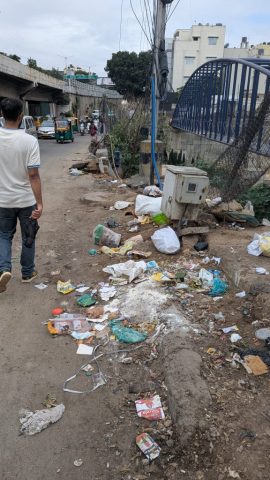
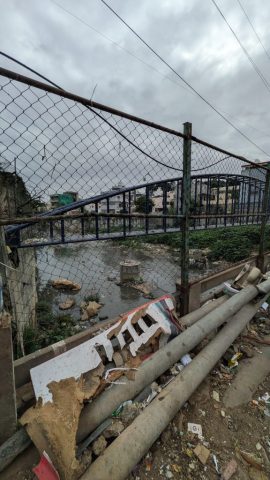
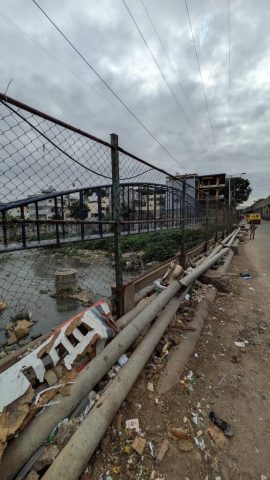
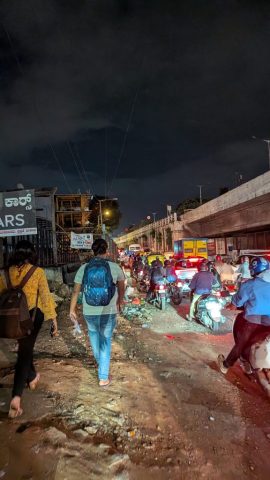
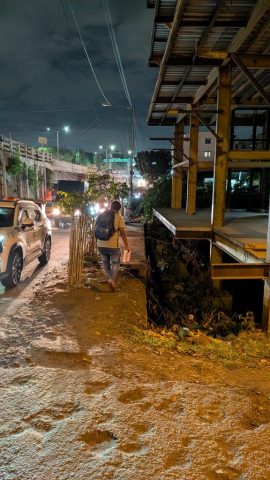
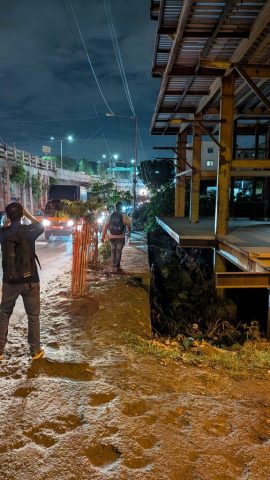
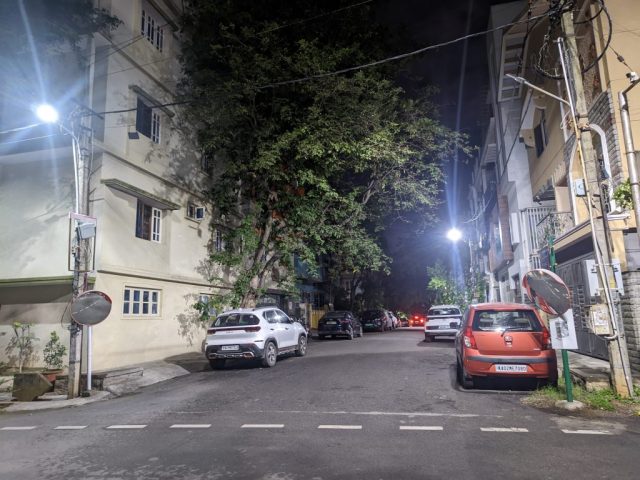
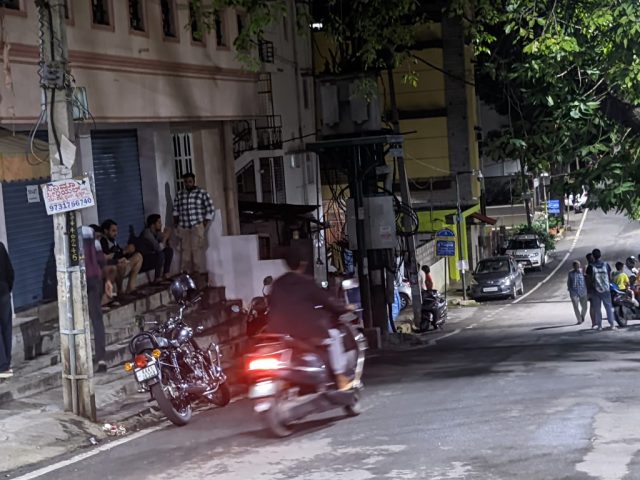
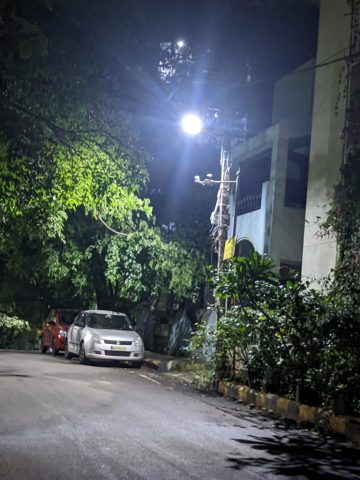
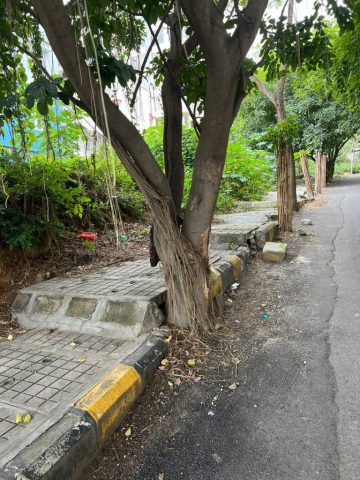
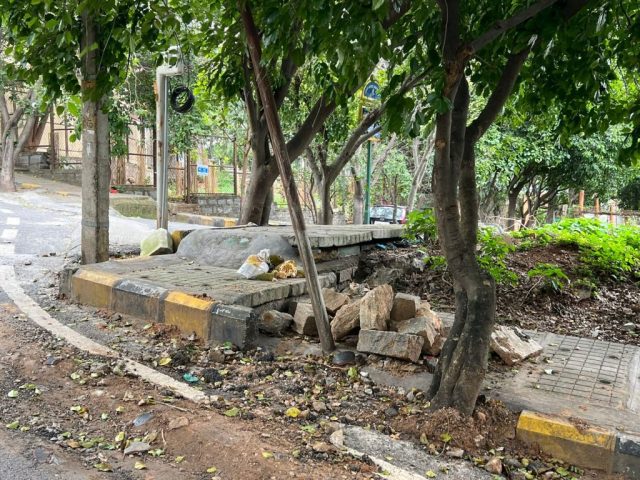
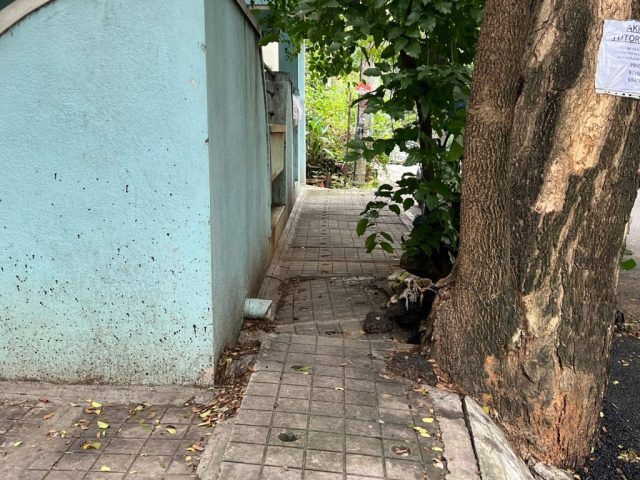
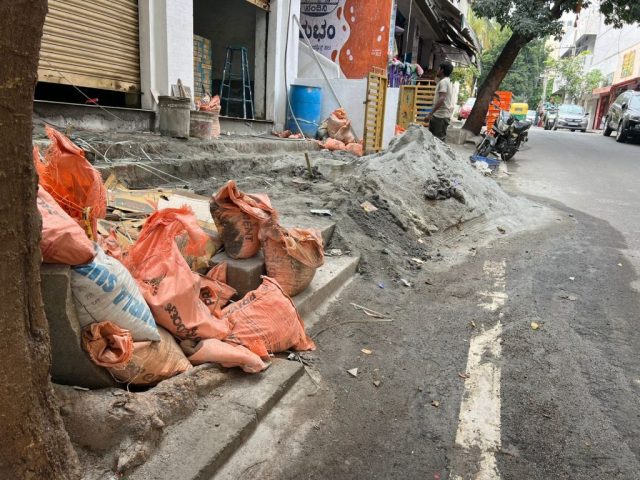
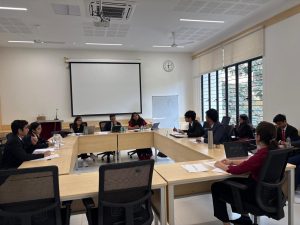 Over the course of three weeks in July 2025, the
Over the course of three weeks in July 2025, the 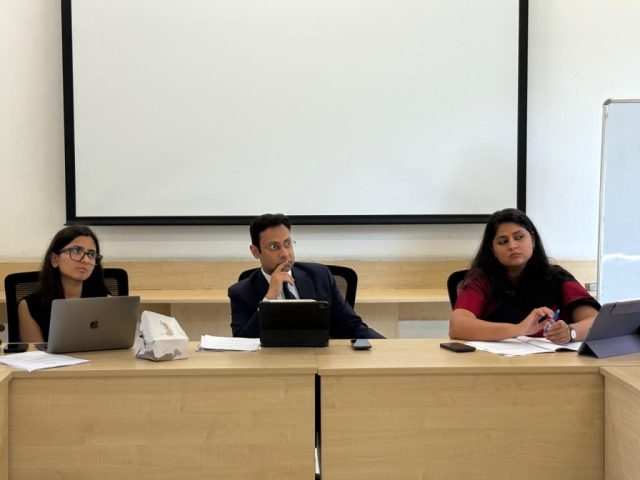
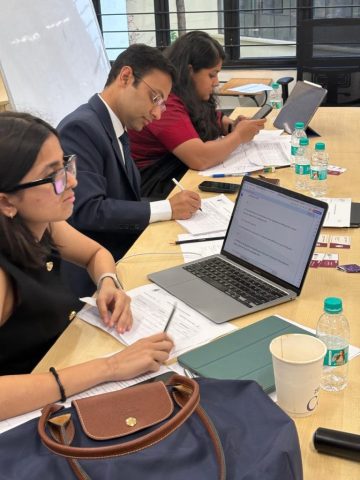
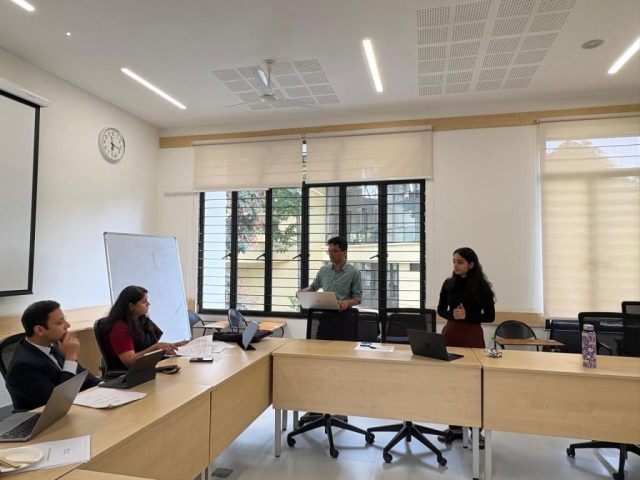
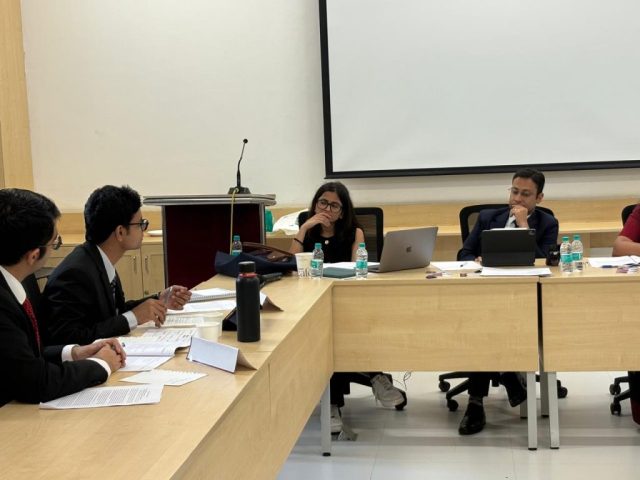
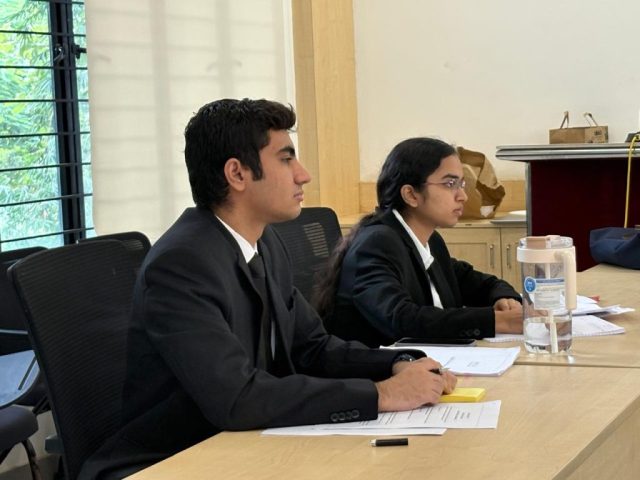
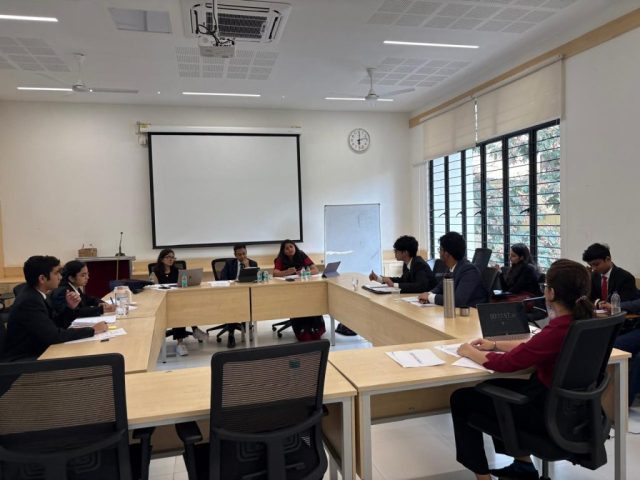
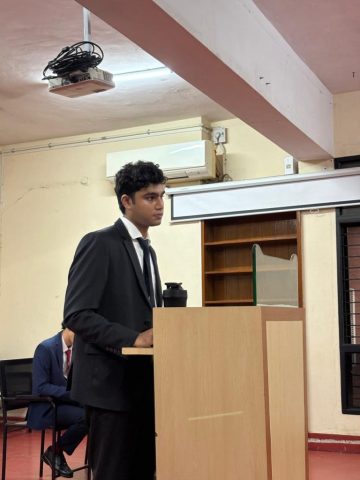
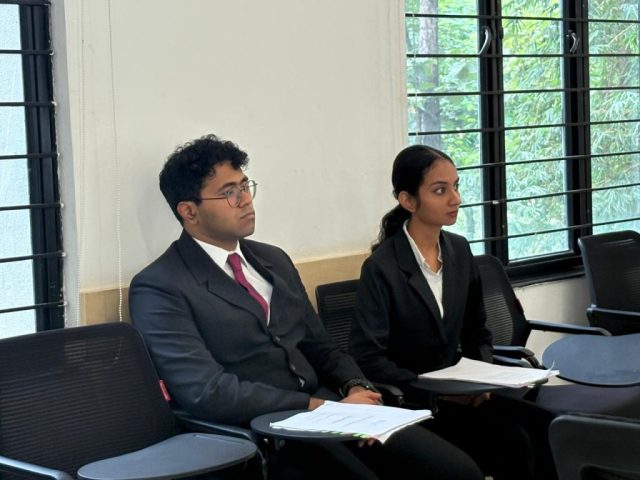
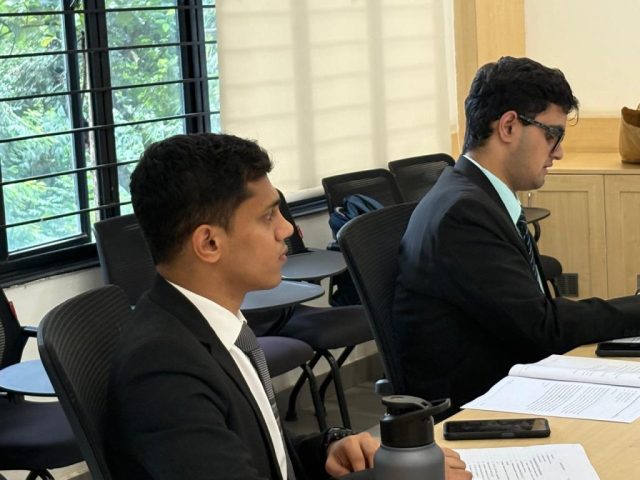
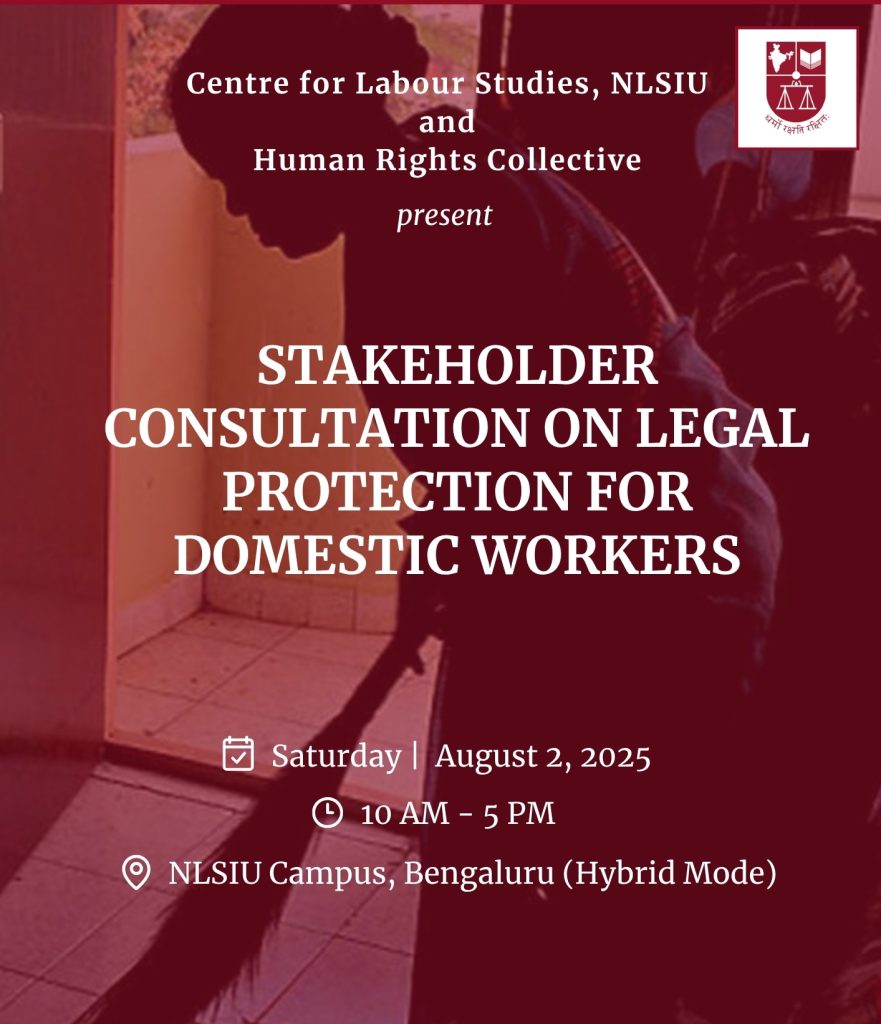 The
The 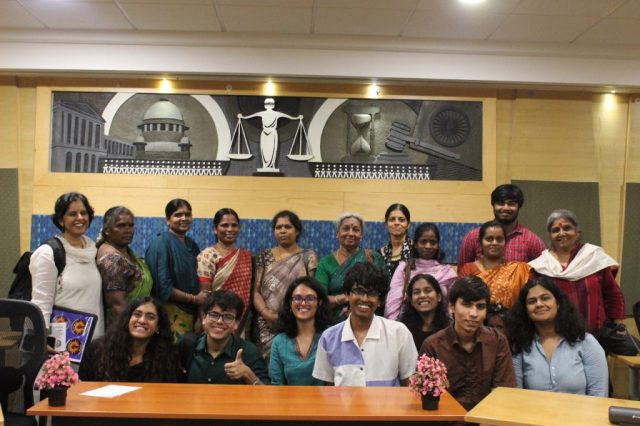
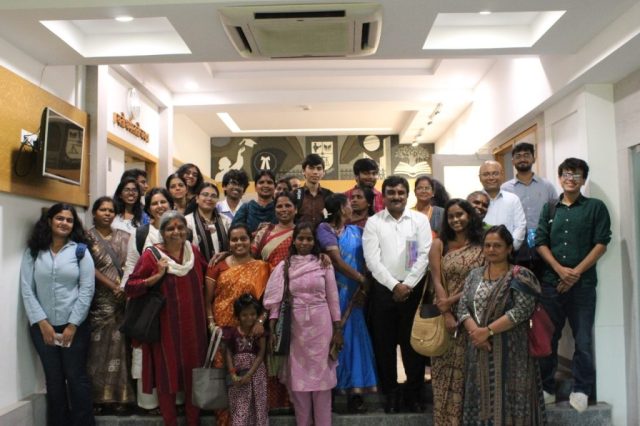
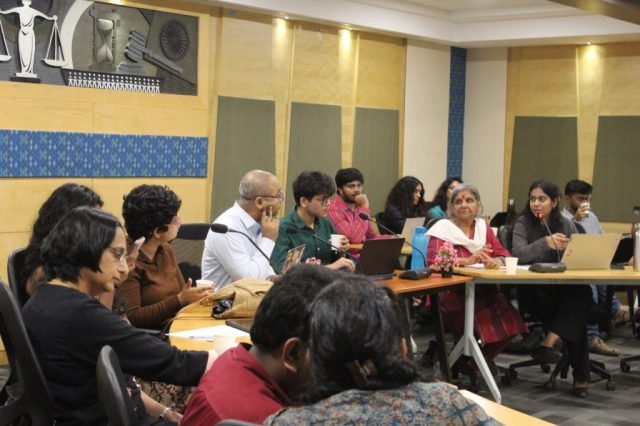
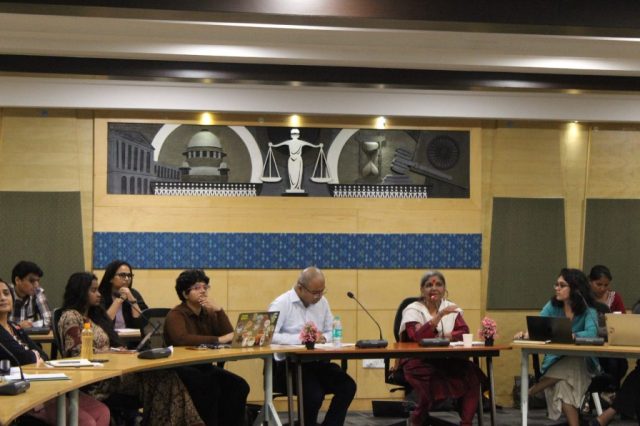
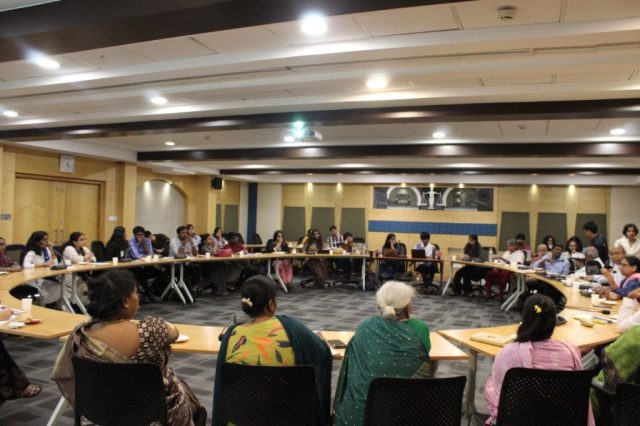
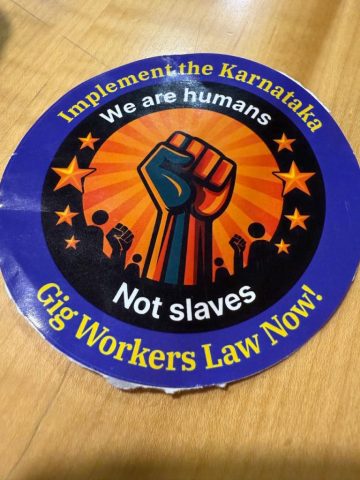
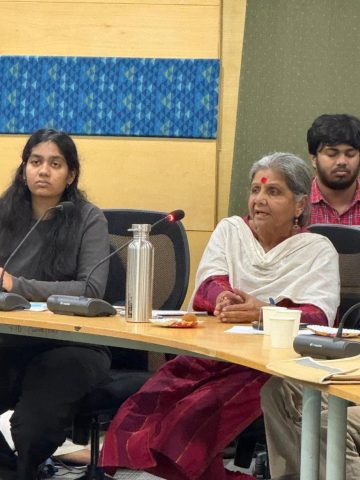
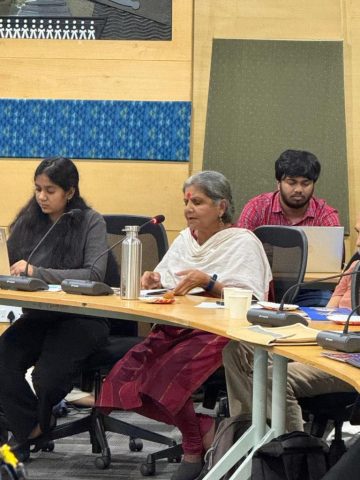
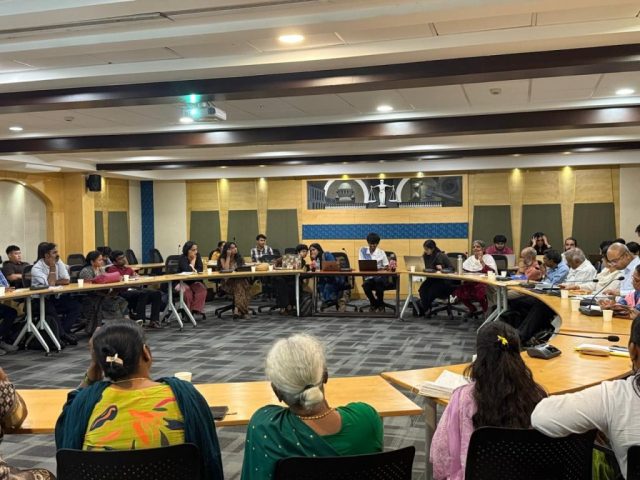
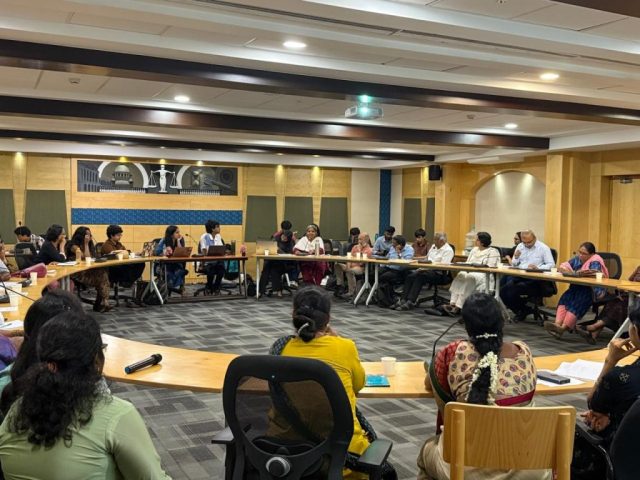
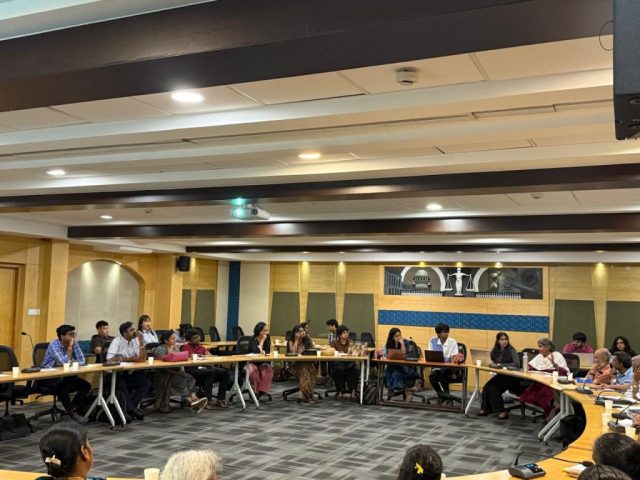
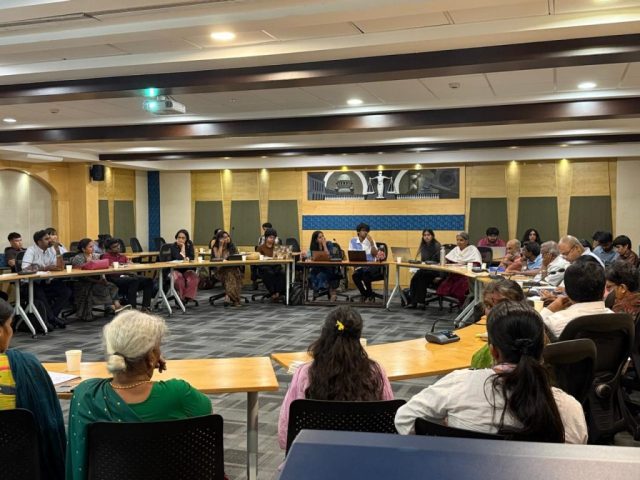
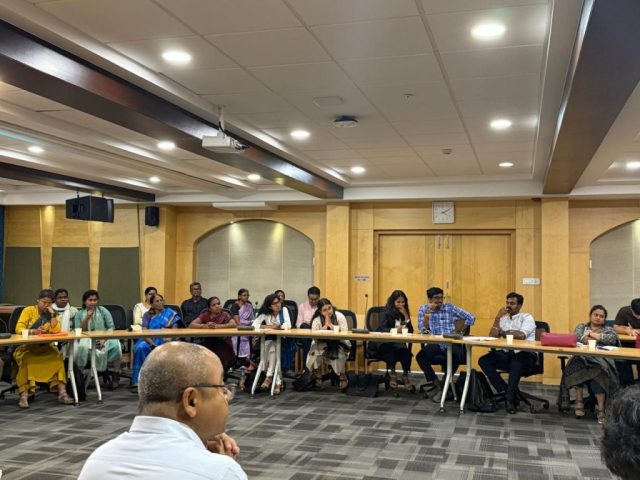
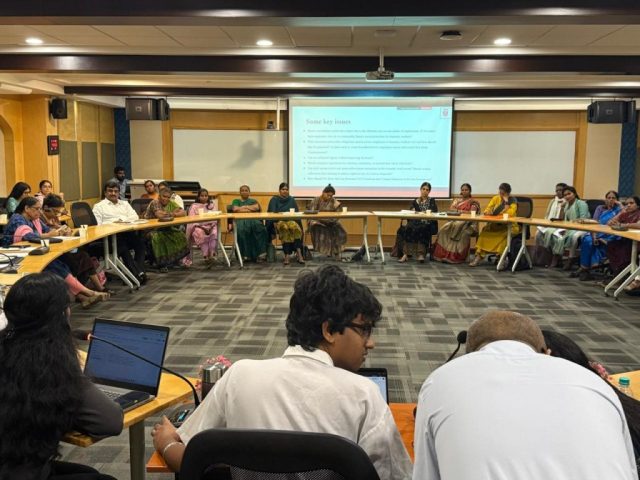
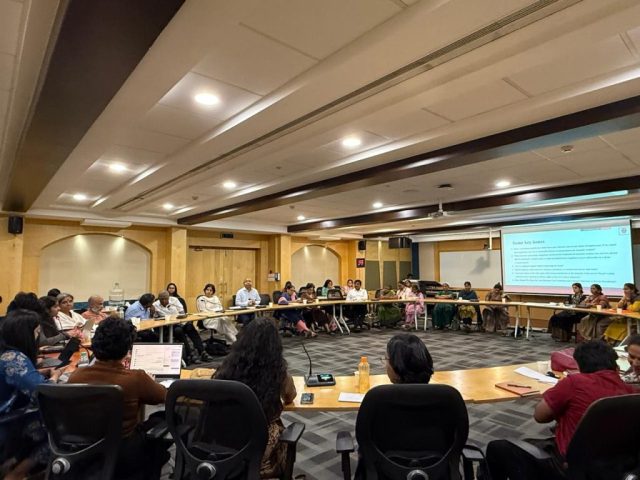
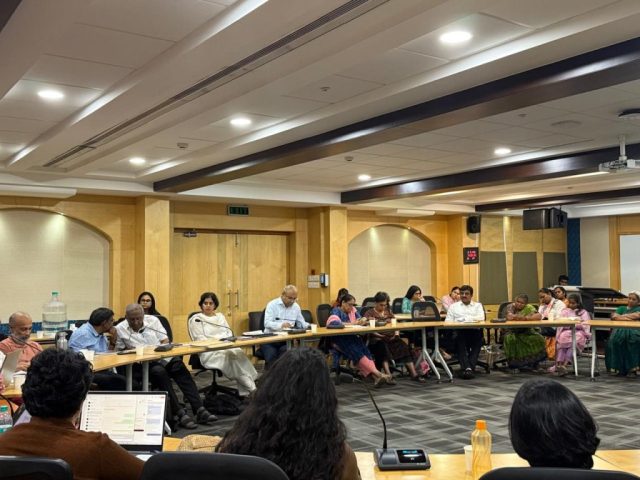
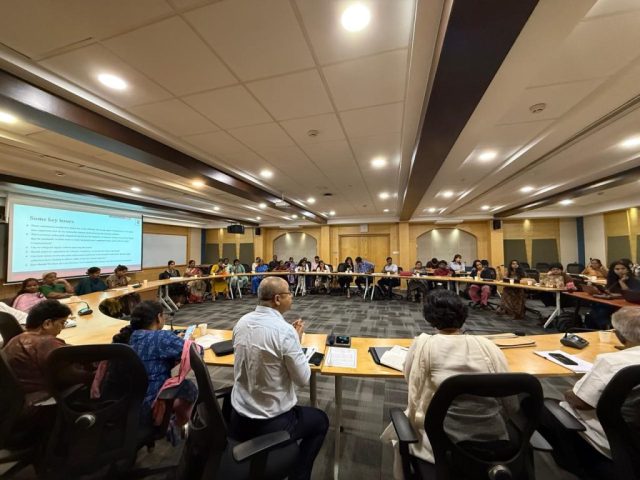
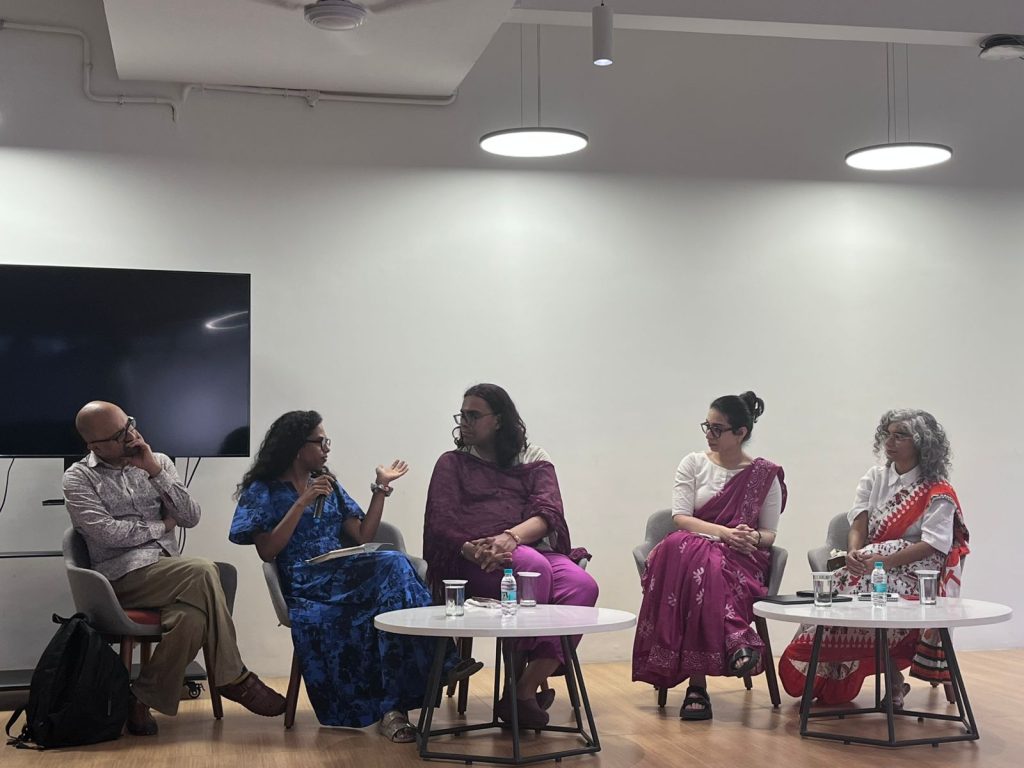 NLSIU’s
NLSIU’s 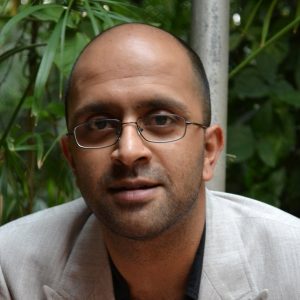 Vinay Chandran
Vinay Chandran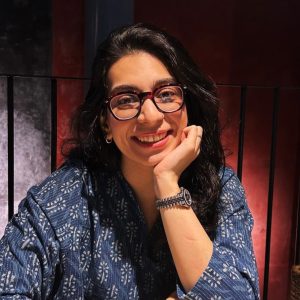 Aishwarya Birla
Aishwarya Birla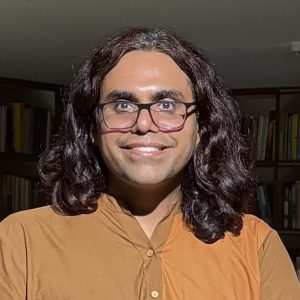 Raju Behara
Raju Behara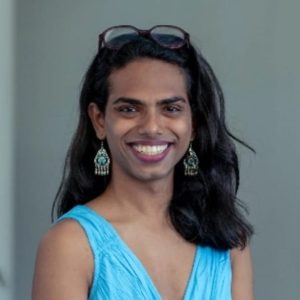 Deedee
Deedee Radhika Chitkara
Radhika Chitkara